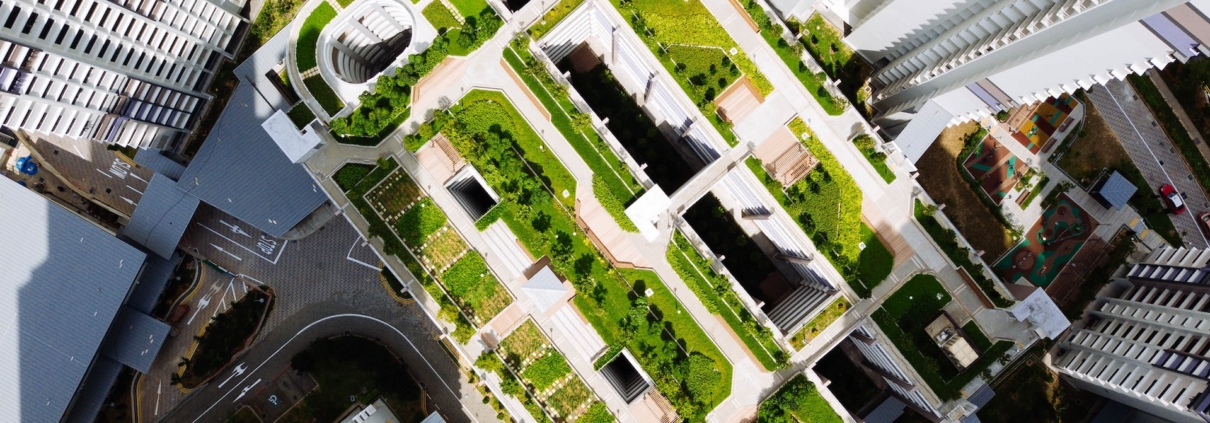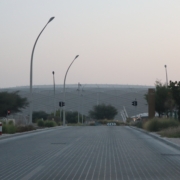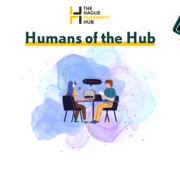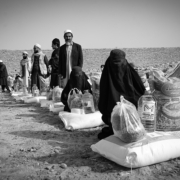Global goals, local solutions: EUKN report makes SDG’s relevant for cities
By Sarah Bumberger
The Sustainable Development Goals (SDGs) are now 7 years old. One of the Humanity Hub members, the European Urban Knowledge Network (EUKN), recently released a report about localising the goals and their urban context.
It’s certainly not the first time we’ve heard how important it is to act now to ensure we meet the UN’s 17 Sustainable Development Goals (SDGs) by 2030. In 2015, 17 different general areas including “industry, innovation and infrastructure”, “good health and well-being” or “responsible consumption and production” have been split into more specific targets and indicators to offer a more in-depth vision of sustainable development. These goals are a shared plan of action for peace and prosperity for both people and the planet.
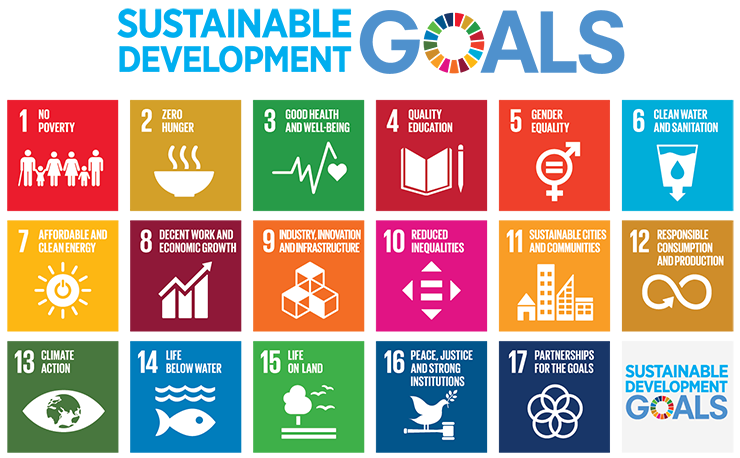
There is however a glaring issue: we’re now reaching the end of 2022 and some of the progress has been pegged back. That leaves only 8 years to end poverty, fight inequality and injustice, and tackle climate change.
So, what needs to change to successfully achieve the goals?
While the SDGs are global, their achievement will depend on our ability to make them a reality on a local level. It’s therefore important to translate these national frameworks to local actions.
On top of this, the SDGs explicitly acknowledge the important role that cities play in the pursuit of sustainable development. This is particularly the case with SDG11 which aims to “make cities and human settlements inclusive, safe, resilient and sustainable”.
Why? Due to the high concentration of people, infrastructure, housing and economic activities, cities are particularly vulnerable to climate change, natural disasters, fragility, and conflict. With 55% of the world’s population living in cities, the urban dimension is the most critical scale of implementation as it is closest to people’s lives.
At the same time, cities play a central role in implementing the 2030 Agenda for sustainable development. Looking at SDG11, the European Urban Knowledge Network (EUKN), Partner in the Horizon 2020 project CONEXUS, is working together with cities in Europe and Latin America, to map the contributions of piloted nature-based solutions (NBS) to the global goals. To give you a concrete idea of what NBS are: building wildlife tunnels over cities, green roofs and preserving forests are just two of hundreds of nature-based solution actions. Considering NBS as socio-ecological processes that are inspired and supported by nature, Conexus’ pilots can become arenas for localisation of one or more of the SDGs, while also generating evidence on the integrated benefits of NBS that could facilitate policy upscale.
Federica Risi, Policy Officer at EUKN says: “Nature-based solutions in cities are one meaningful instrument to tie the SDGs as global measures of sustainability to local places, and, more importantly to local communities and economies.”
What works in one city may not work elsewhere, which means we also need multi-level governance and inter-institutional collaboration among the European Commission, the EU member states, cities, regions, and urban stakeholders, to hit the SDGs by 2030 and to create a healthy, just, and sustainable future.
For more information, read EUKN’s informative piece with all its best practices and get inspired to localise the SDGs in your urban environment.

